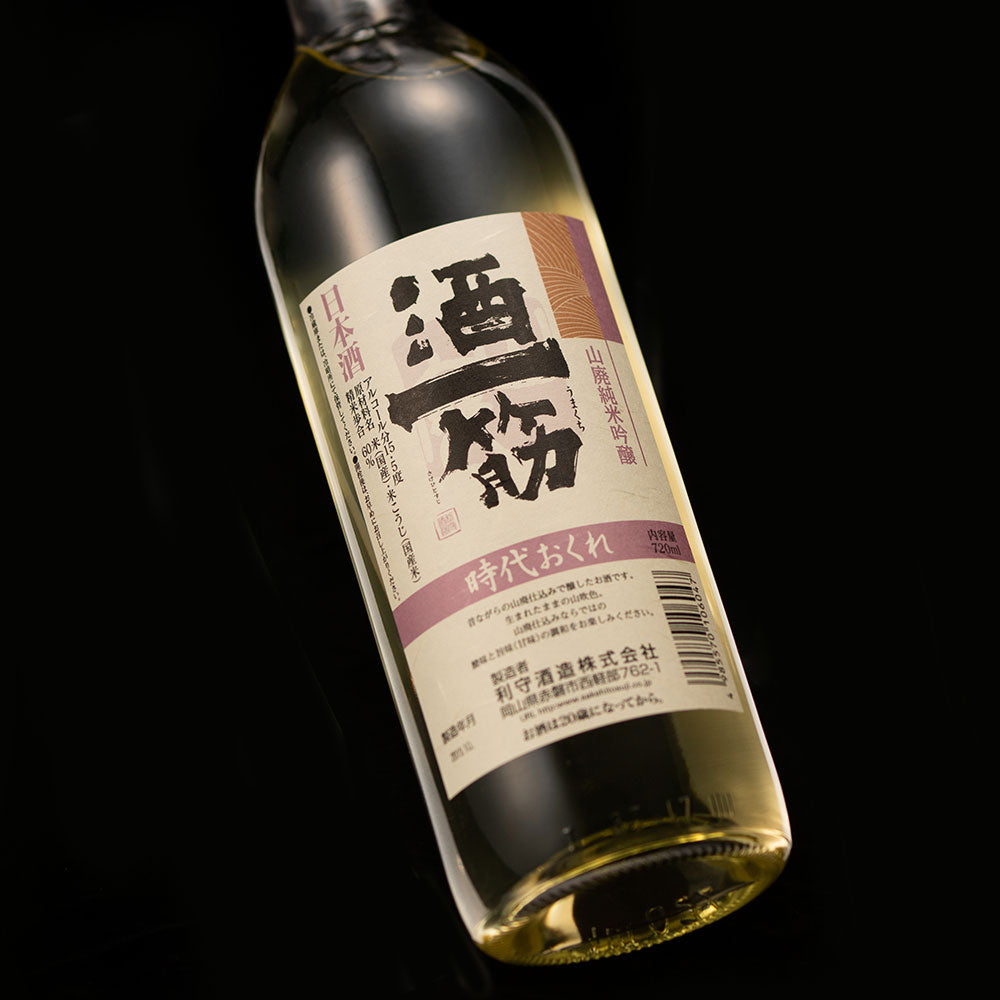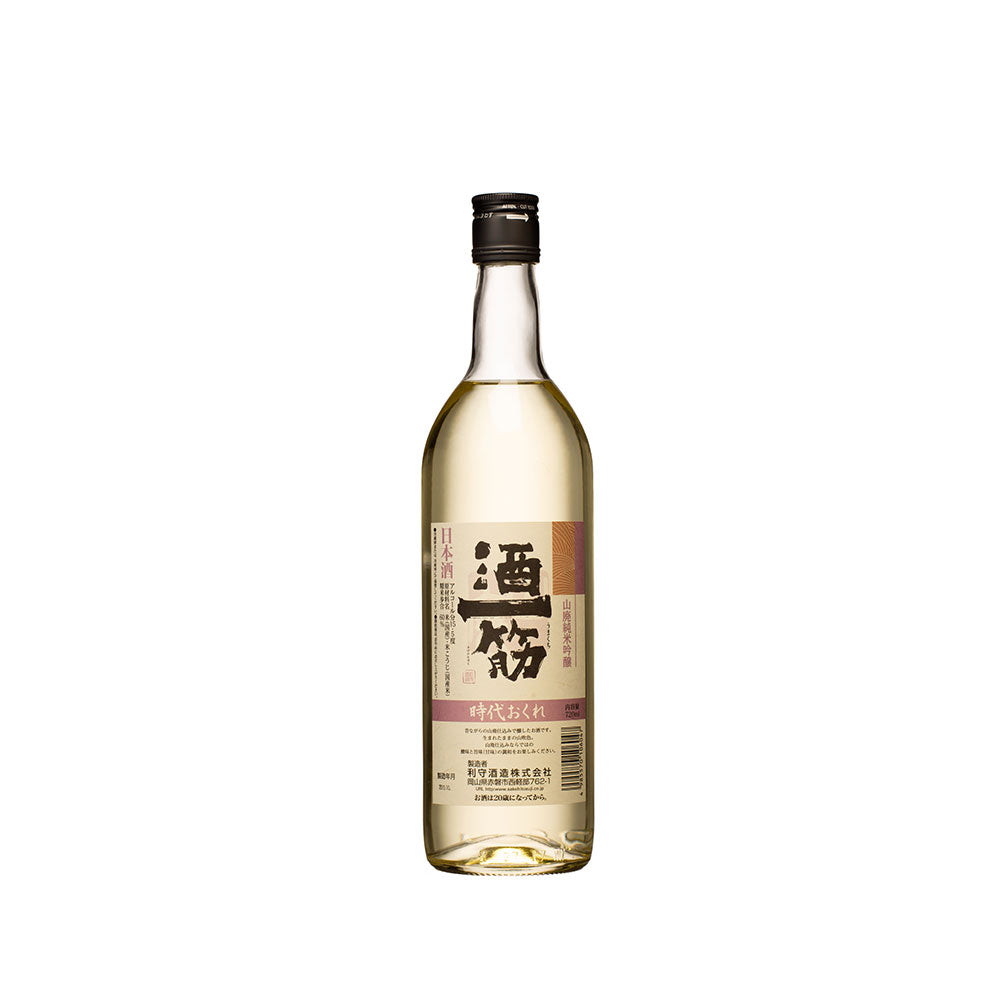-
 >
>
- Product list >
- Sakehitosuji Jidaiokure Junmai-ginjo Yamahai (720ml)
Sakehitosuji Jidaiokure Junmai-ginjo Yamahai (720ml)
詳しく見る
- *All prices shown are the product prices from the Japanpage:.
- *Product price can be shown in multiple currencies as reference values.
- *Payment should be made in Japanese yen.
- *After filling in delivery address, grand total (product price + shipping cost (packing + shipping + insurance) +tariffs & taxes) will be shown on the shipping cart page.
- *All prices shown are the product prices from the Japanpage:.
- *Product price can be shown in multiple currencies as reference values.
- *Payment should be made in Japanese yen.
- *After filling in delivery address, grand total (product price + shipping cost (packing + shipping + insurance) +tariffs & taxes) will be shown on the shipping cart page.
Awards
Japan sake Awards SAKE-China2018 Junmai Ginjyo Division Gold
"Sakehitosuji Jidaiokure Junmai-ginjo Yamahai (720ml)" is a Junmai Ginjo brewed using the well-known sake-brewing rice cultivar "Omachi", which was regarded in the past as the "king of sake-brewing cultivars," via the Yamahai method with a polishing ratio of 60%. Despite its leading reputation among sake-brewing cultivars, the difficulty of growing Omachi has led to a drastic reduction in its production volume until it was revived by this brewery which is located in a famous production region. Using Omachi, this sake is brewed by fermenting lactic acid bacteria and yeast naturally for over twice as long as most other sake. The result is a distinctive, exquisite balance of acidity and umami, as well as a vibrant depth of flavor unique to sake brewed using the Yamahai method. This Junmai Ginjo has been recognized for its superb taste both in Japan and abroad, and it won the Gold Prize in the Ginjo/Junmai Ginjo division of the "Japan sake Awards SAKE-China2018" Junmai Ginjyo Division Gold, the first and largest sake competition in China organized by various groups in the food industry of Japan and China.
Pairing food proposed from Vendor
Carpaccio, yakitori, yakiniku, sukiyaki
About "Sakehitosuji"
Using local rice and water, and fermented with the natural climate of the region, this sake shows the true possibilities of local sake. By reviving the legendary Omachi rice from the local Okayama region, and generously polishing it, they have created the Sake Issetsu brand. It has a well-rounded and elegant taste.
Recommended temperature
- Atsukan (50 - 55℃)
- Jokan (45 - 50℃)
- Nurukan (30 - 40℃)
- Room temperature (15 - 20℃)
- Hanabie (10℃)
- Yukibie (5℃)
Type


Tag
Appearance
-
Clarity
Transparency
Hazy
-
Colour
Colorless
Dark brown
-
Intensity
Water
Deep
Nose characteristics
-
Intensity
Low
Strong
Taste characteristics
-
Light / Body
Light
Body
-
Sweet / Dry
Sweet
Dry
-
Simple / Complexity
Simple
Complexity
-
Acidity
Low
High
-
Umami
Low
High
-
Finish
Low finish
Long finish
Aroma and flavor
Detailed information
| Volume | 720ml |
|---|---|
| Size (L W H) | 7.5 x 7.5 x 30.0 cm |
| Weight | 1.2kg |
| Ingredients | Rice, Rice koji, Water |
| Region | Okayama |
| Alcohol content | 16%vol. |
|
Sake Meter Value
|
-10 |
|
Acid level
|
1.7 |
|
Polishing ratio
|
60% |









